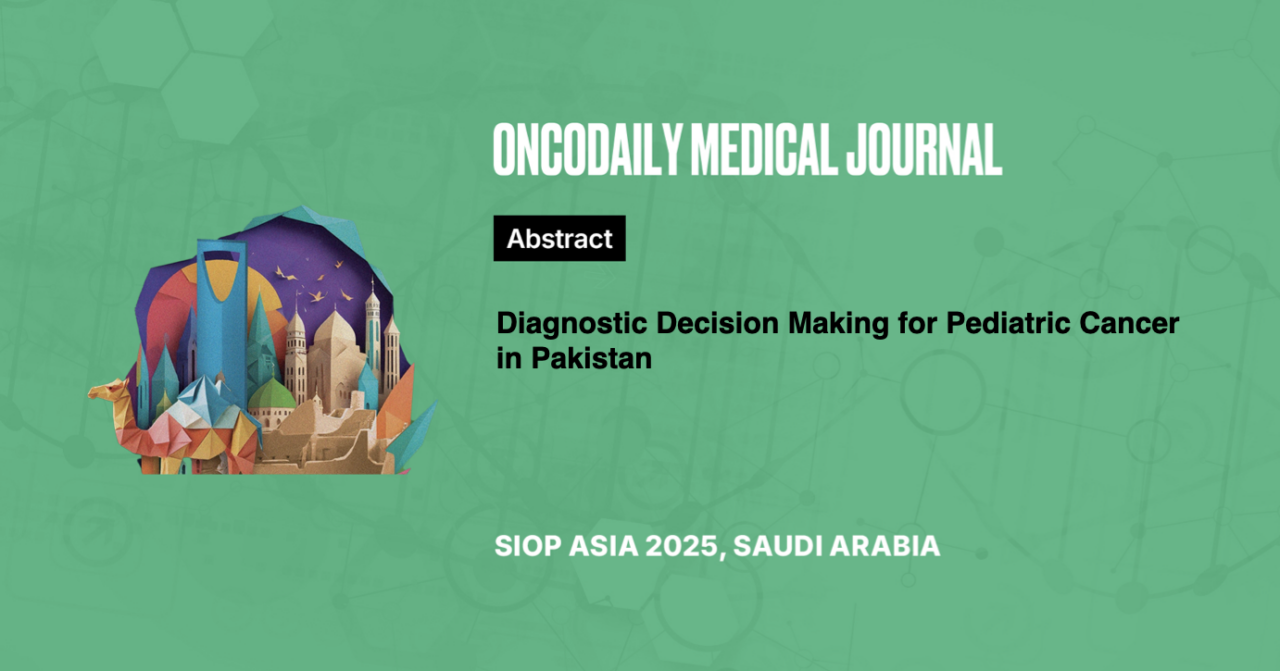Diagnostic Decision Making for Pediatric Cancer in Pakistan
Abstract
Introduction: Culture influences decision making, an essential yet understudied area of family centered care in low- and middle-income countries, where 90% of children with cancer live. This study sought to explore decision making among caregivers of children with cancer in Pakistan, one of the largest lower middle-income countries in the world.
Methodology: A cross-sectional survey was administered to caregivers of children newly diagnosed with cancer at Indus Hospital and Health Network in Karachi, and Children’s Hospital of Lahore. Surveys were verbally administered in Urdu or Pashto and included questions related to demographics, decision making roles, preferences, experiences, and regret.
Results: Participants included 200 caregivers of children <1-16 years old with a range of diagnoses; 83% were parents and >60% were female. Most caregivers surveyed shared (46.5%) or completely deferred (43.5%) cancer related decision making to other family members. Of the 10% of respondents who were primarily responsible for decisions related to their child’s cancer, 70% were male. While 68% of caregivers preferred shared decision making with their child’s oncologist, only 65% had their preferred role. Caregivers expressed a range of preferences regarding child involvement, however, 70% said neither they nor the medical team talked to their child about cancer. Few caregivers (17%) endorsed regret.
Conclusion: Findings from this study highlight the importance of exploring and respecting caregiver preferences for decision making. In the Pakistani context, it may be specifically important to consider gender roles and the inclusion of extended family. Future work should investigate pediatric patient involvement in diverse settings





